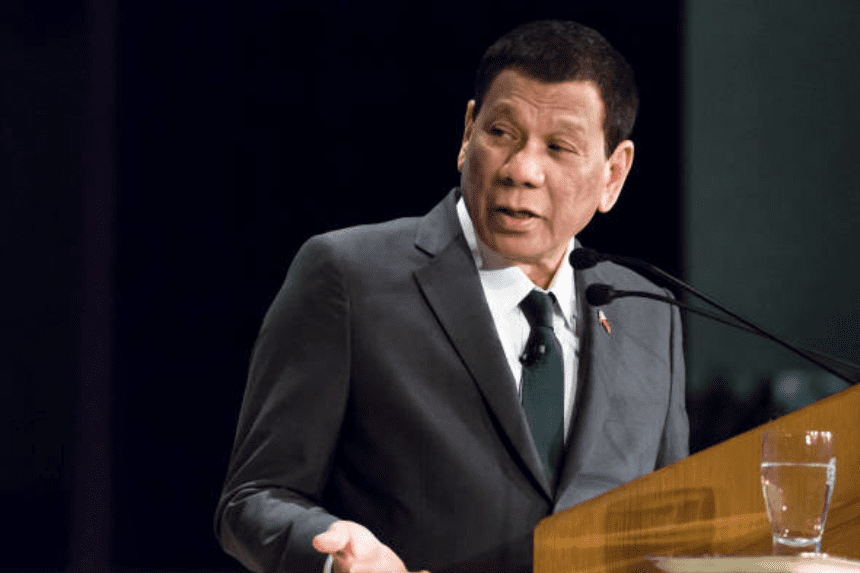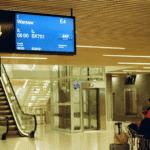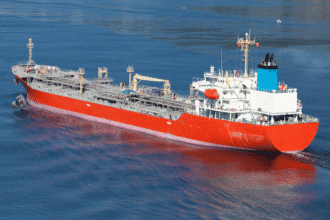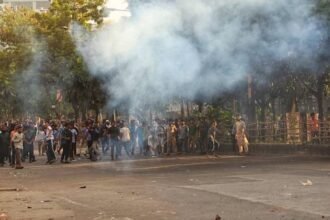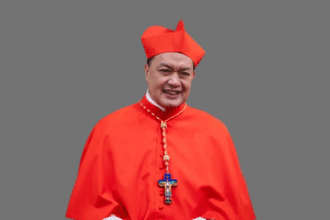Former Philippine President Rodrigo Duterte is now facing formal allegations from the International Criminal Court (ICC) for alleged crimes against humanity. Allegations made public this week are related to their long campaign against the illegal medicines initiative, in which thousands of people lost their lives, many without any process.
Duterte, who served as President from 2016 to 2022, is accused of enabling the broad murders that target drug suspects. The court alleged that they either gave instructions or deliberately allowed these operations, while Davao City and, later, played the role of leadership nationwide.
What Do the Charges Include?
The Duterte ICC charges consist of three counts. The first concerns 19 killings in Davao City between 2013 and 2016, during Duterte’s time as mayor. The second involves the deaths of 14 individuals labeled as “high-value targets” across the Philippines during his presidency.
The third count is the most extensive, focusing on 45 cases of murder and attempted murder in anti-drug village operations. Prosecutors argue these killings were part of a shared plan among Duterte and key associates to eliminate alleged drug offenders through violent means. Here is the link to our article on Migrant Boat Justice.
How Did the ICC Build Its Case?
According to ICC Deputy Prosecutor Mame Mandiaye Niang, Duterte is classified as an “indirect co-perpetrator.” This means that while he may not have personally carried out the killings, he had authority over those who did—and failed to prevent or punish them.
The investigation highlights that Duterte’s drug war created a culture where extrajudicial killings became normalized. Prosecutors assert that his policies encouraged violent law enforcement tactics and left no room for legal defense or rehabilitation.
What Is Duterte’s Current Status?
Rodrigo Duterte has been in custody at The Hague since March, marking the first time in over three years that a suspect has been flown to the ICC’s headquarters. Notably, he is the first former Asian head of state to face prosecution at the international court.
His legal team claims that due to his deteriorating health, he is unfit to stand trial. Despite his detention, Duterte was re-elected as mayor of Davao in May. His son, Sebastian Duterte, continues to serve as acting mayor in his absence. Here is the link to our article on Justice for Whistleblowers.
Is There Political Tension Behind the Case?
Supporters of Duterte argue that the Duterte ICC charges are politically motivated. They allege that the current Philippine President, Ferdinand Marcos, is using the court as a tool against the Duterte family, with whom he has had several public disputes.
While the ICC requires cooperation from governments to enforce arrests, President Marcos has shown reluctance to engage with the court. This has led to widespread criticism from international human rights groups urging the Philippines to uphold accountability.
Final Thoughts
The Duterte ICC charges represent a major turn in international efforts to hold political leaders accountable for state-sanctioned violence. As the proceedings unfold at The Hague, the case is expected to dominate global debates about the limits of presidential power in the context of human rights, justice, and democratic governance.
Thousands of lives were lost during the Philippine drug war, and now the international community watches closely as justice attempts to catch up with unchecked power.


